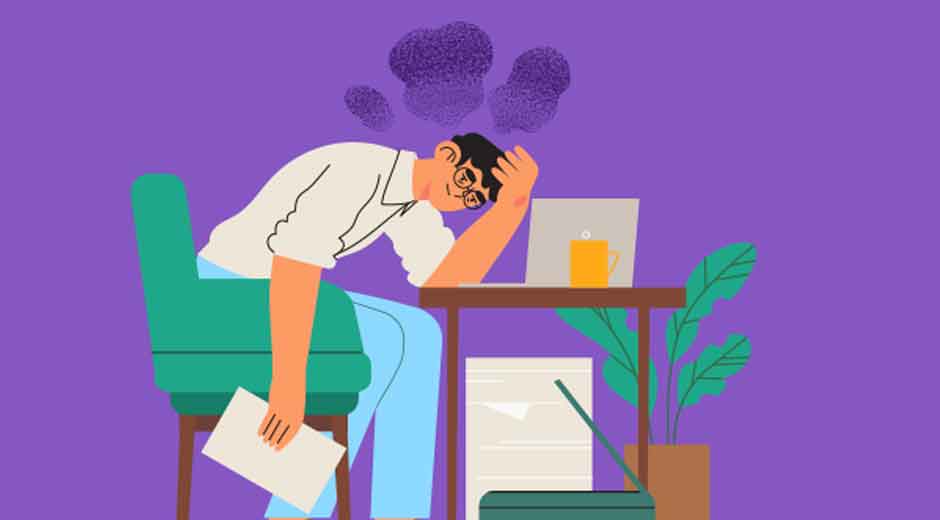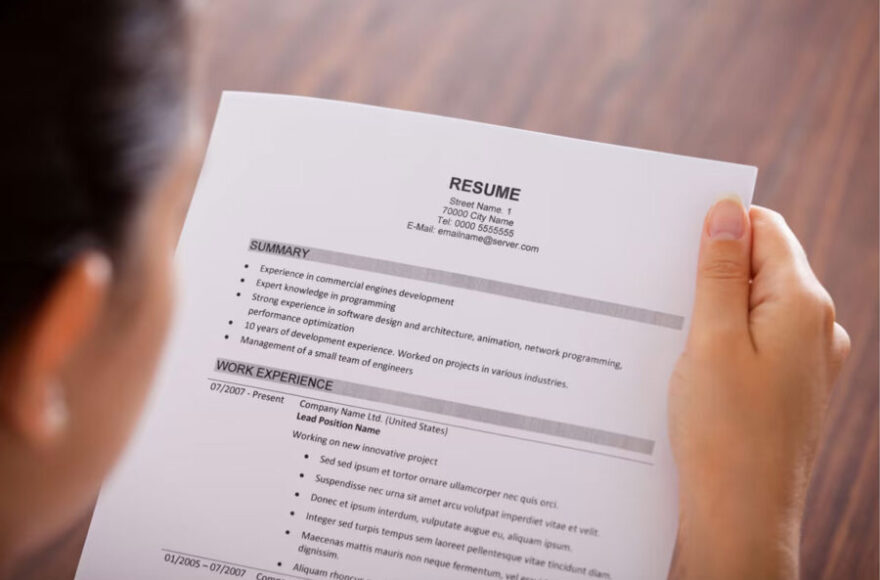The Hidden Cost of Burnout: What Happens When Parents Go It Alone

Most parents know the feeling. That mix of exhaustion, responsibility, and constant mental juggling that somehow becomes normal. But what happens when you carry it for too long, without a break, without help?
Burnout isn’t just about being tired. It’s a slow, creeping state that chips away at your energy, focus, patience, and, eventually, your well-being. And when you’re the one holding the pieces together for everyone else, burnout can hit harder and last longer.
Parenting Isn’t Meant to Be a One-Person Job
Historically, raising kids was a shared task. Grandparents lived nearby. Extended families stepped in. Neighbors, friends, and community filled in the gaps. These days, that support system often just isn’t there. Many parents live far from family. They’re working full-time jobs, managing household tasks, and caring for kids with little or no backup.
And yet, there’s still this expectation to do it all. To be present, productive, patient, and perfect — all at once.
What Burnout Really Looks Like in Daily Life
It doesn’t always look like collapsing on the floor or yelling in frustration. It’s subtler than that. Here’s how it often shows up:
- Short fuse– Snapping over minor things that wouldn’t normally bother you.
- Constant fatigue– Feeling drained before the day even begins.
- Forgetfulness– Missing appointments or constantly losing track of what needs doing.
- Irritability– Resentment bubbling up over small requests or interruptions.
- Disconnection– Struggling to enjoy the moments you used to love.
- Neglecting yourself– Skipping meals, workouts, rest, or anything that feels remotely indulgent.
Most parents push through, hoping a weekend or vacation will reset the system. But if the core problem is a lack of support, no amount of “me time” will really fix it.
The Ripple Effects No One Talks About
When burnout is left unaddressed, it can start to seep into every part of life. Work feels harder. Relationships strain. Physical health begins to decline. Even your kids feel the impact, not because you don’t care, but because you’re running on empty.
Children are incredibly perceptive. They notice when you’re stressed, distracted, or emotionally distant. That can shape their behavior too. Kids may act out more, withdraw, or become more anxious when they sense instability. It creates a loop. Their stress increases yours, and yours bounces back to them.
There’s also a long-term cost. When burnout becomes chronic, it doesn’t just go away. It can lead to depression, chronic health conditions, or long-term fatigue that’s hard to bounce back from.
Why Asking for Help Isn’t Weakness — It’s Strategy
There’s a lot of pride wrapped up in doing everything on your own. It can feel like the only way to prove you’re managing. But support doesn’t make you less capable. It makes you more sustainable.
Think of it like this: if your car ran out of oil, you wouldn’t expect it to keep going without damage. Parents are no different. You can’t run forever without care, fuel, and maintenance.
This is where the kind of help you accept really matters. Some parents lean on family or friends when they’re available. Others look for more consistent help. For example, hiring an au pair from https://www.goaupair.com/ can be a game-changer, especially for families that need flexible, reliable support at home. It doesn’t solve everything, but it takes some pressure off. And sometimes, even a little relief makes a big difference.
What Support Really Looks Like
It’s not about handing over parenting. It’s about creating a life where you’re not constantly operating at your edge. That might mean:
- Evening coverage– So you can cook dinner or step away for a breather.
- Help with routines– School pick-ups, playtime, or bedtime.
- Shared responsibility– So you’re not the only one doing every single task.
Support allows you to show up better for your children, your partner, your work, and yourself.
The Emotional Load Is Real
Beyond the visible tasks, there’s the mental and emotional load that comes with parenting. Keeping track of school events, doctor’s appointments, grocery lists, birthday gifts, and household needs — all while being emotionally available — is a job in itself.
This invisible labor is often what pushes parents over the edge. And because it’s not as easily measurable, it’s often overlooked. But it matters just as much as the physical work. Possibly even more.
How to Start Shifting the Load
There’s no perfect solution, and every family’s situation is different. But if burnout is creeping in, something needs to shift. That doesn’t mean overhauling everything at once. Start small.
- Name it– Acknowledge that you’re burnt out. It’s not failure, it’s a sign you’ve been carrying too much.
- Audit your time– Look at your week. What’s draining you? What could be shared, outsourced, or skipped?
- Say yes to help– Whether it’s a friend offering to take the kids for a playdate, a neighbor willing to carpool, or bringing someone into your home part-time, accepting help is the first step to reclaiming your energy.
- Protect your rest– Don’t treat rest as a reward. It’s fuel. You need it, no matter how long your to-do list is.
Burnout doesn’t fix itself. If nothing changes, it lingers. And eventually, it turns into something harder to bounce back from.
When You Start to Breathe Again
You notice it in the small moments first. You have more patience during the morning scramble. You enjoy reading that bedtime story instead of just getting through it. You laugh more. You feel less like you’re surviving and more like you’re present.
That shift happens when there’s breathing room. When you’re not the only one carrying the full load every single day. It doesn’t mean parenting becomes easy. It just becomes a little more manageable — and a lot less lonely.
No one should have to go it alone. Not for this long. Not like this. And you don’t need to wait until you’re at your breaking point to bring in help.
Whether it’s accepting support from your circle or choosing to welcome someone like an au pair into your home, giving yourself backup isn’t indulgent. It’s responsible. It’s protective. And it’s one of the most valuable choices you can make, not just for you, but for your whole family.


